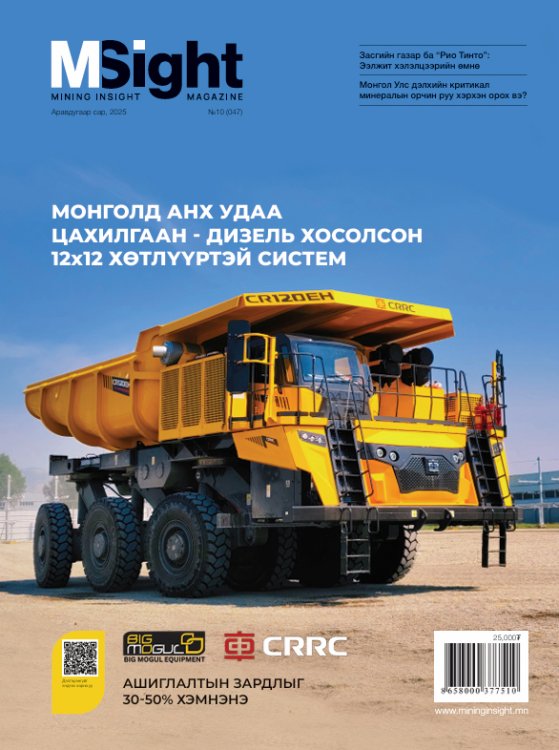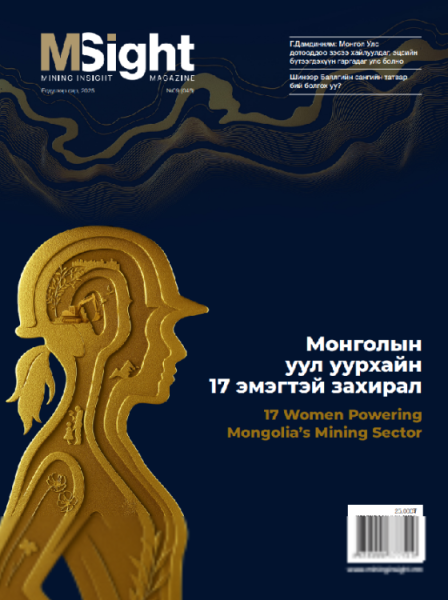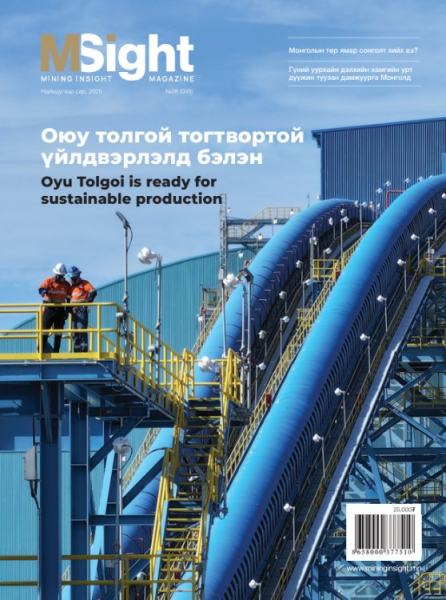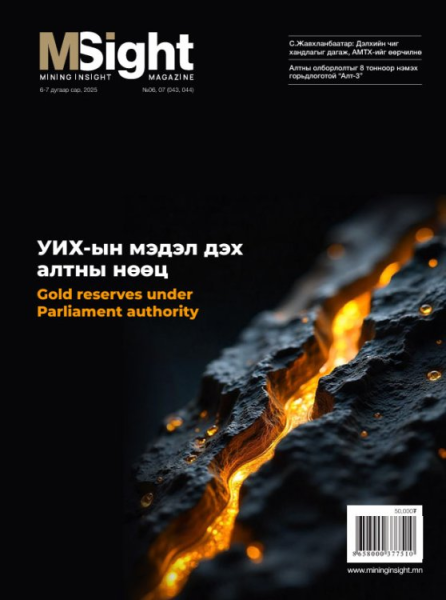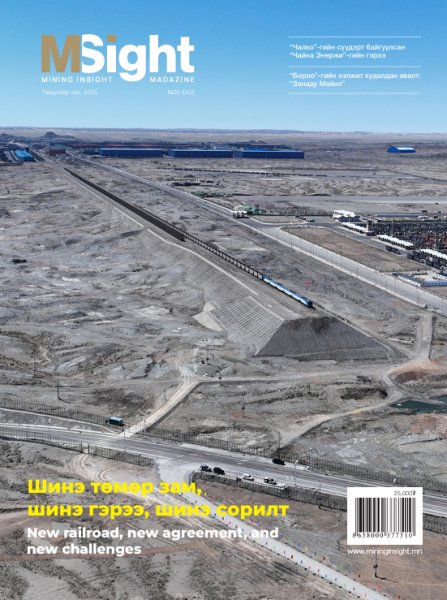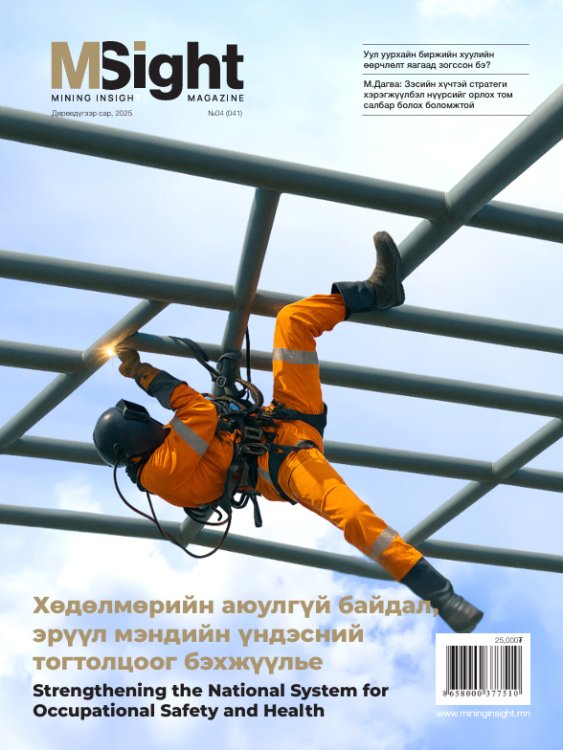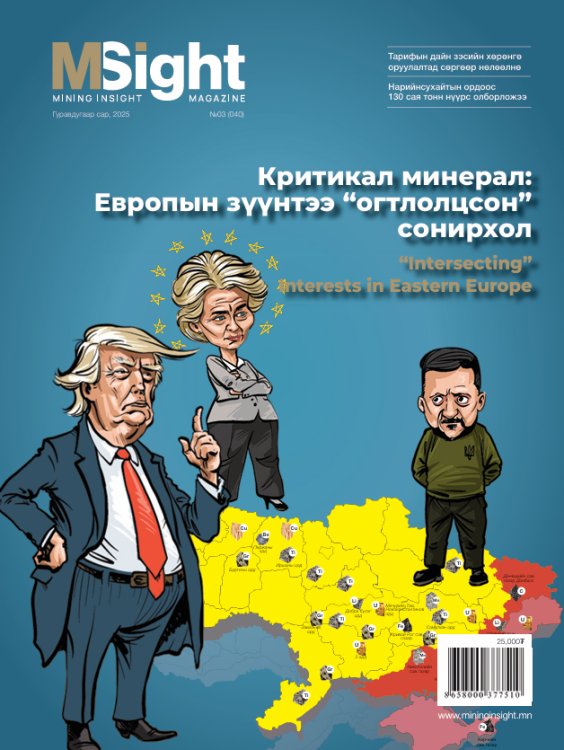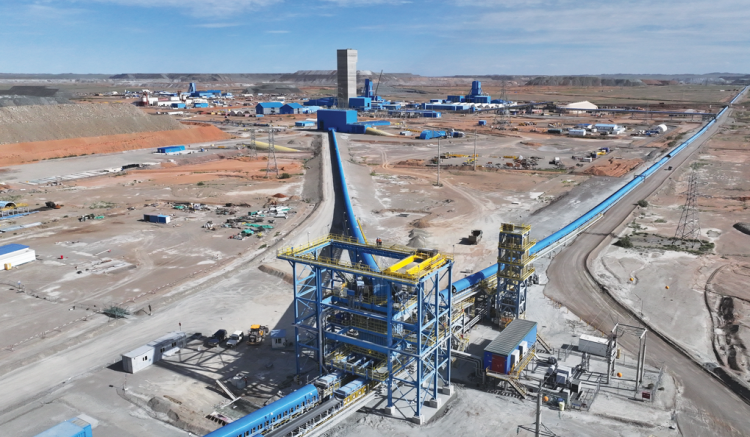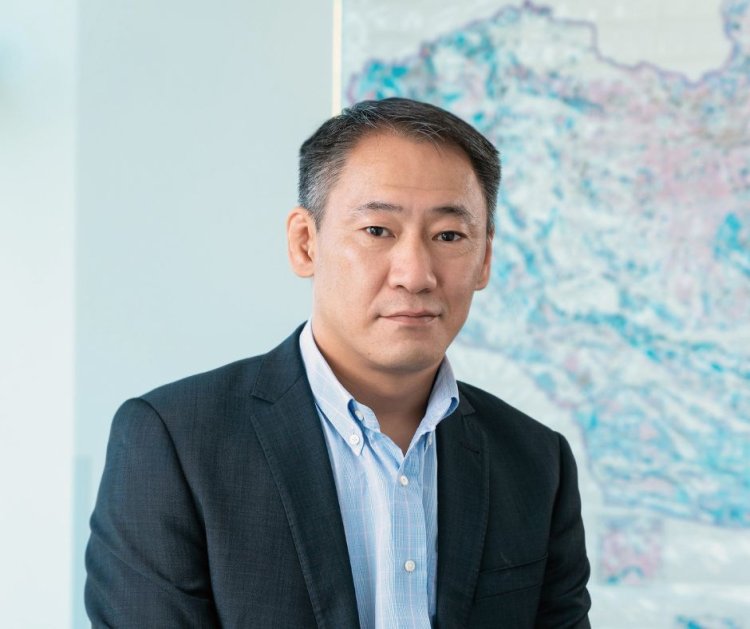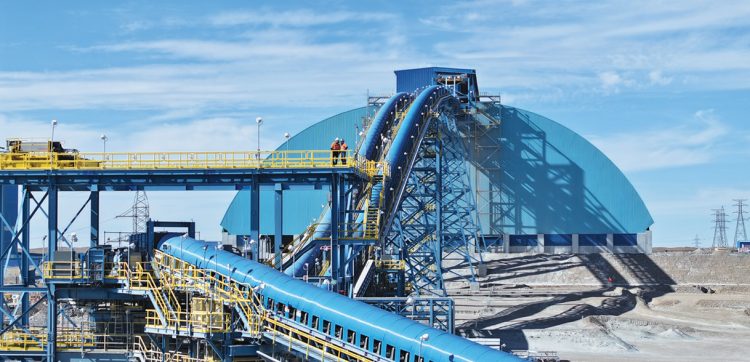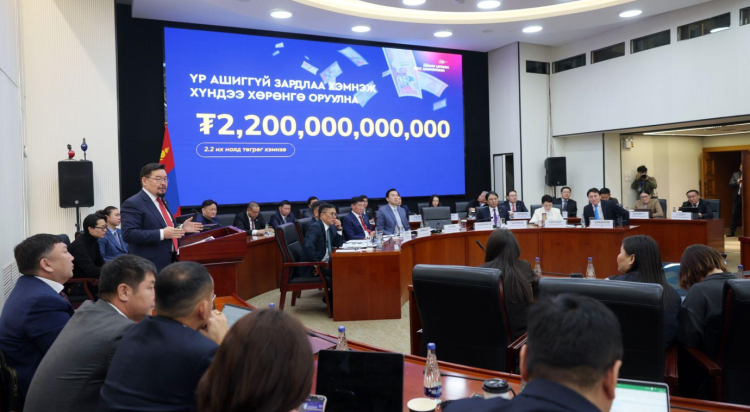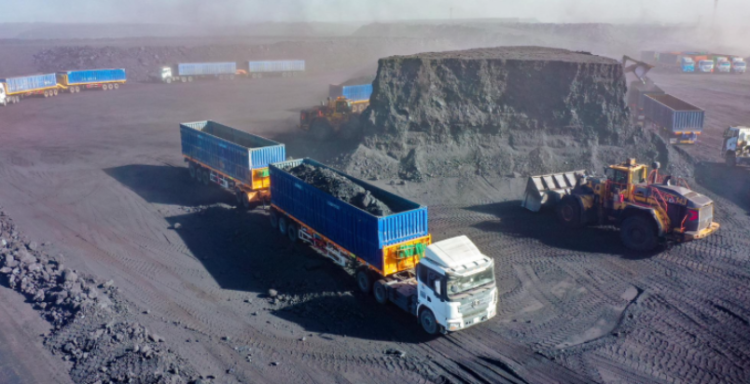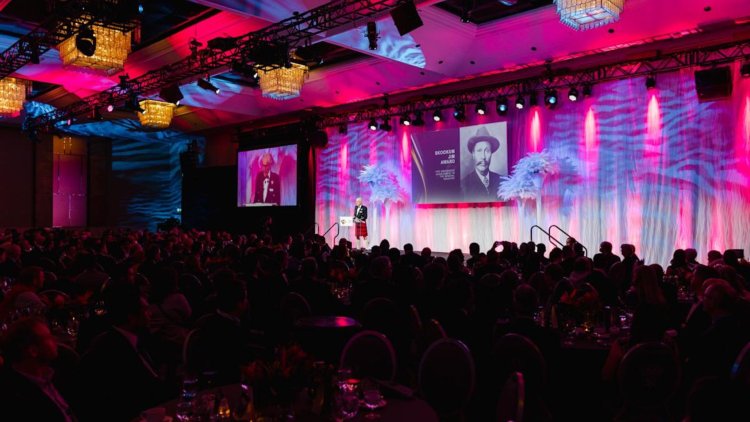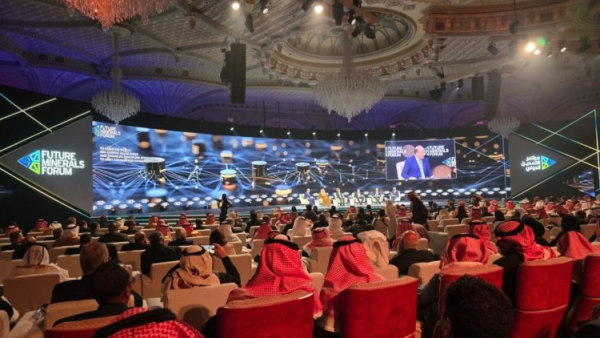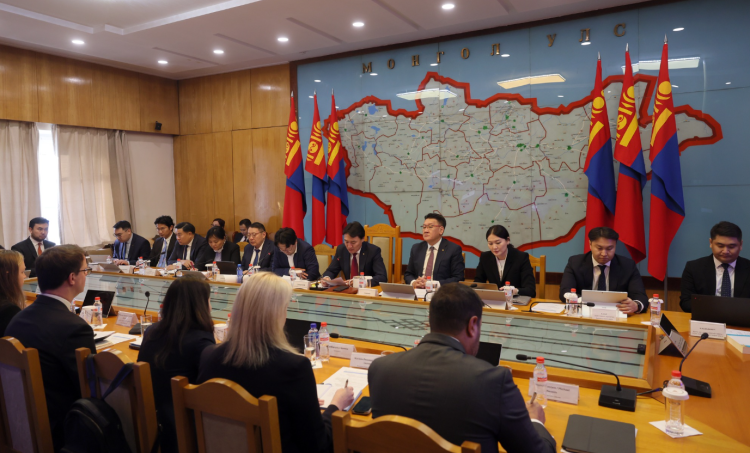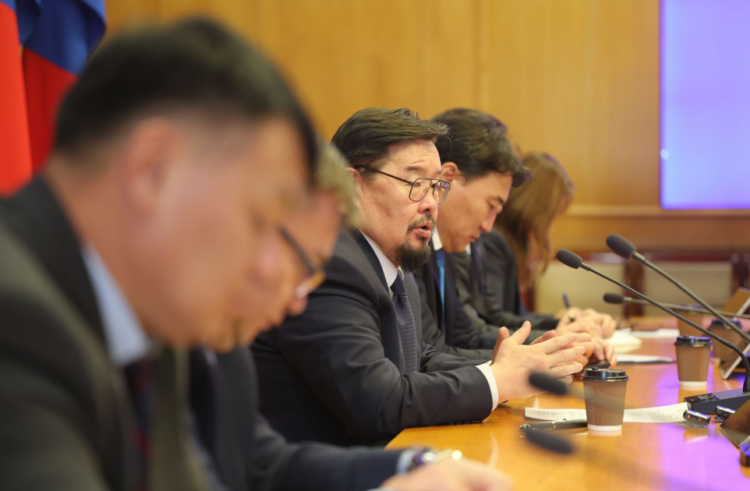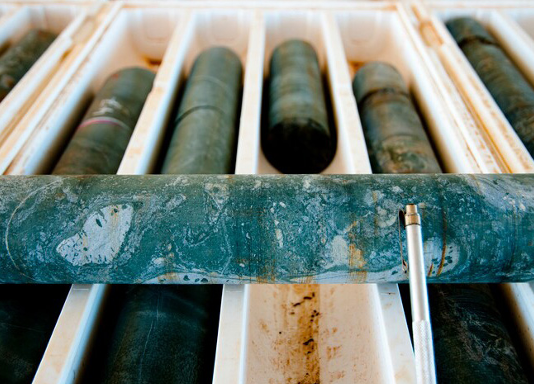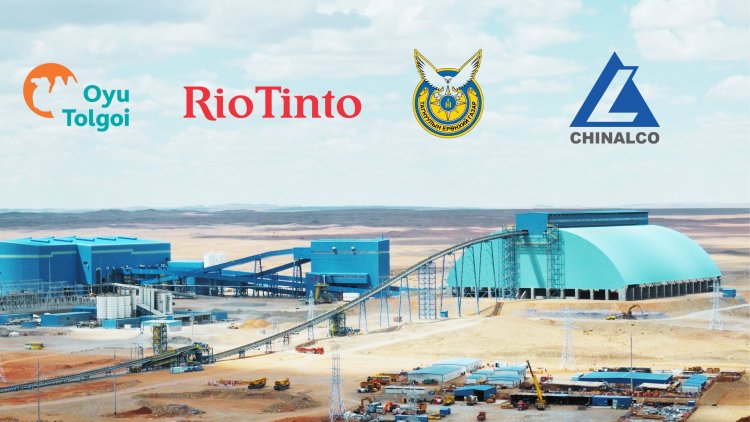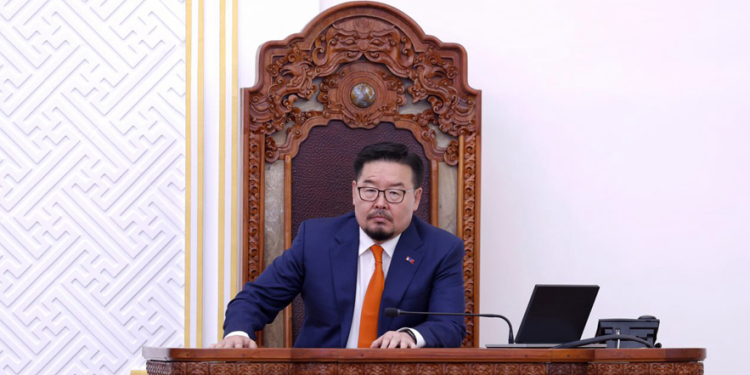
You, the reader, are observing a historical moment from 45 years ago on the cover of Mining Insight. On December 14, 1978, the Erdenet Mining Corporation (EMC) produced its inaugural concentrate. The photograph captures the moment when the train, laden with the first concentrate for export, is poised to depart. Since that day, EMC has weathered two distinct social systems, yet its core has steadfastly pulsated day and night for four and a half decades. Throughout this period, Mongolia's most renowned factory encountered a fate as intricate as human life.

Transitioning from a socialist regime to a free democratic society, evolving from a joint venture between two countries to complete ownership by Mongolia, attaining the status of a national company and state-owned enterprise meanwhile, Russia divested 49 percent of its holdings to Mongolia's private sector, reclaimed it for the state, and etched this process into history. Simultaneously, a city, mirroring the age of its factory, sprang forth in the wilderness, constructed by thousands of young individuals from across Mongolia, weaving together myriad life stories. While 45 years may not be an extensive period for mines and factories, for those who erected Erdenet city in their fervent youth, it marks a generational shift. Yet, these 45 years signify more than just the history of EMC. The factory instigated qualitative shifts not only within Mongolia's industry but also in its export structure. The mining industry burgeoned with the introduction of a novel mineral, copper, paving the way for a fresh avenue of export. Consequently, Mongolia formally entered the ranks of copper producers and fortified its standing. Up until 2011, it dominated the export of copper concentrate. In the past decade alone, EMC birthed a sibling project, Oyu Tolgoi, destined to shape Mongolia's copper production. On December 14th, EMC, a cornerstone in Mongolia’s development history, marked its 45th anniversary of the first concentrate production, the 60th anniversary of the opening of the Erdenet Deposit, and the 50th anniversary of the establishment of the historic agreement founding the plant. Despite 45 years of uninterrupted production, the golden age of Erdenet is not a thing of the past; rather, it lies ahead. The development plan, built upon established resources, envisions reaching new heights in the next 60 years by constructing a copper smelter and elevating processing capabilities.
December 14 emerges as a particularly propitious day for Mongolia's mineral resources industry, coinciding with the 30th-anniversary celebration of Mongolyn Alt (MAK). In 2023, numerous national businesses that originated from humble beginnings celebrated their 30th anniversary. Notably, Mining Insight spotlights the 30-year journey of MAK. The company stands out among private sector companies, distinctly shaping the 30-year history of New Mongolia in the business arena, especially within the country's mineral resources sector. The most valuable innovation in the past 30 years of the mining industry's history, now a fundamental sector for the country, is the emergence of private sector businesses that can proudly represent the nation. MAK's 30-year journey encapsulates the story of Mongolia's social evolution-a tale of the robust ascent of national companies that envisioned and constructed tangible assets. It represents a biographical account of the profound life of Mongolians. In 1991, the approval of the "Gold" program opened the door to private investment in alluvial deposits. Subsequently, in 1993, the issuance of the first special permits for gold mining paved the way for the establishment of the first private sector companies in the mining sector. Among these pioneering entities was MAK. Transitioning from gold to coal and diversifying into other minerals, MAK elevated its operations to new heights. Two decades ago, MAK made history by exporting 400,000 tonnes of coal and introducing Mongolia’s thermal coal to the Chinese market. On the occasion of its 30th anniversary, MAK has outlined its development policy for the next 30 years, focusing on industry development, including the deep processing of coal, and venturing into hydrogen production—a pivotal future energy source for Mongolia.
It is a source of pride that Mongolia's major businesses are maturing and evolving to the extent that they wield influence over economic, social, and technological development, rivaling the impact of political policies. These national companies stand as pillars of strength for the country, and we aspire to witness the emergence of more
such entities.



